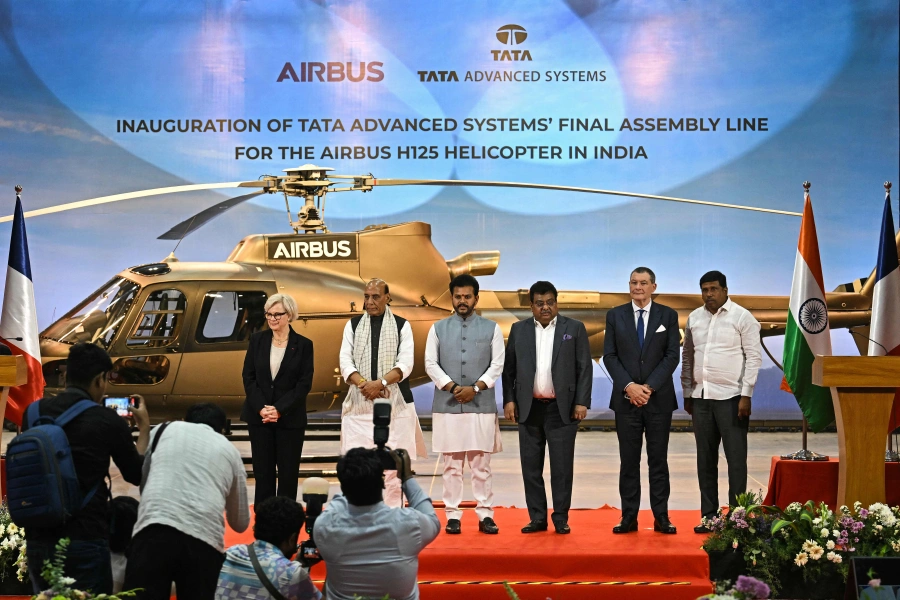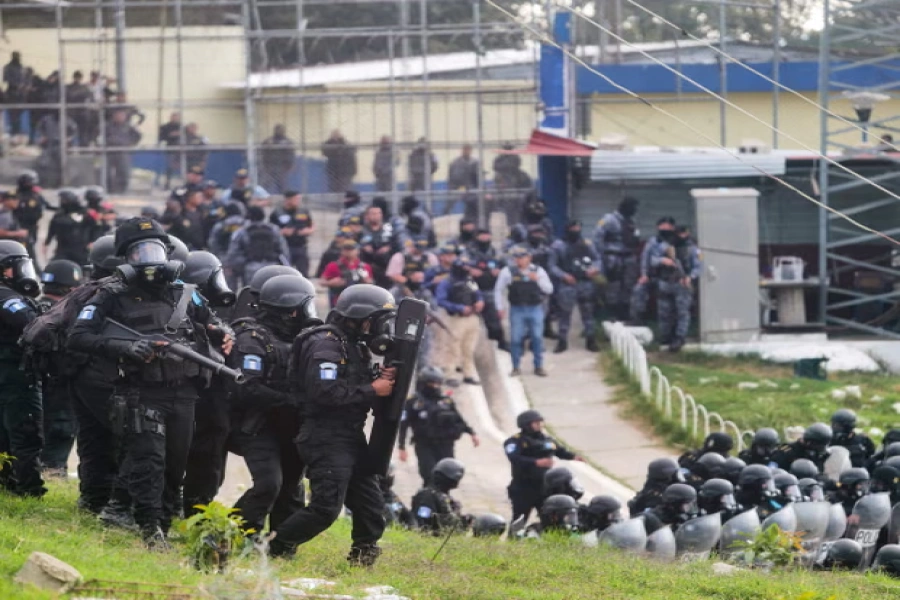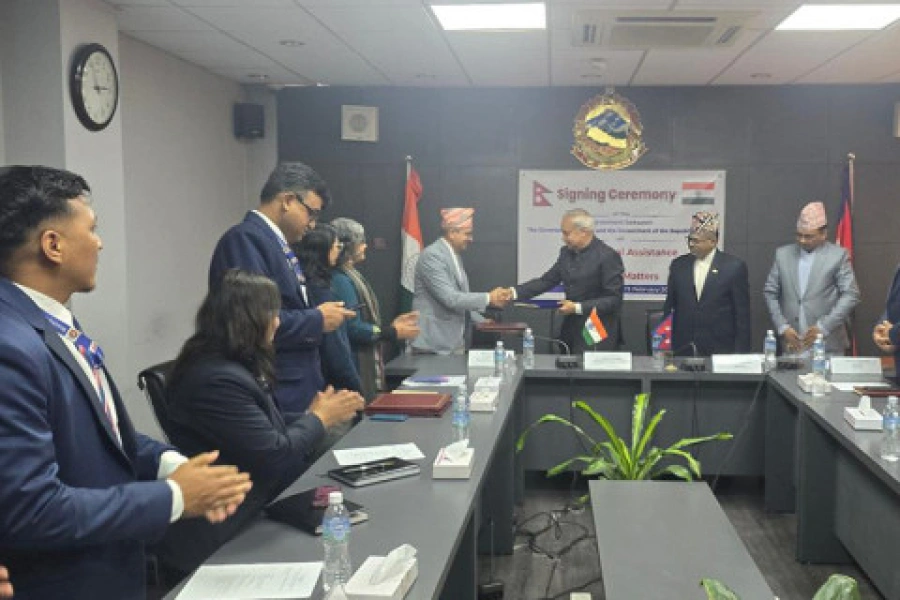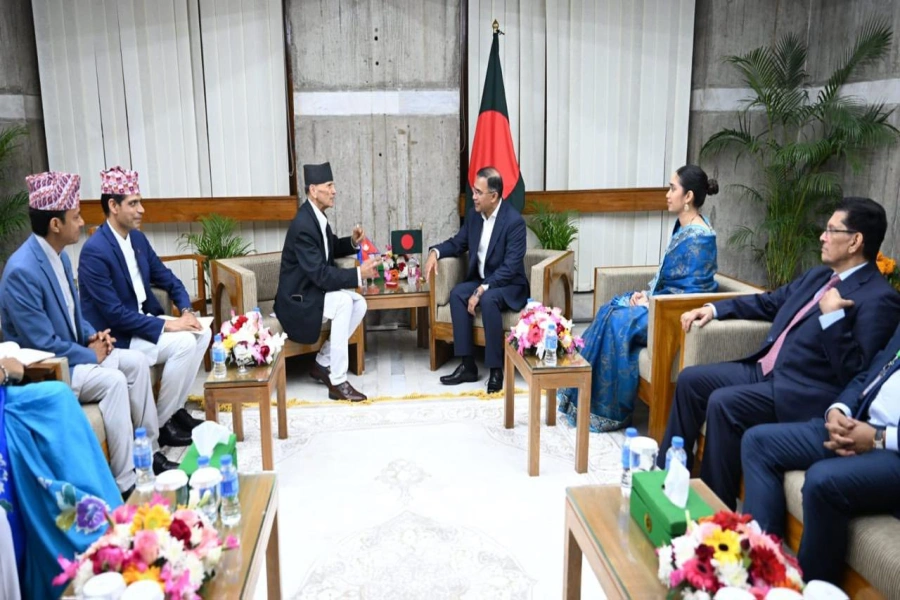Electoral democracy coexists in South Asia with deep strains of authoritarianism though social multiplicity, austere poverty, underdevelopment and authoritarian tendencies are recurrent in the regional political setup.
Electoral democracy in South Asia manifests an extensive history. Hundreds of direct legislative elections have taken place from the early 20th Century till today. The tier-upon-tier governing bodies undergo electoral procedures preserving the tools of democracy. Election acts as a gizmo of political ritualism.
South Asia is a mixed bag of democracy and authoritarianism, dynastic patronage and social inclusion. India and Sri Lanka have a stronger track record of democratic governments. However, the rise of ‘Hindutva’ in Indian politics and the prevalence of ethno-militancy in Sri Lanka has predominantly bracketed the destiny of democracy in the region since Pakistan, Bangladesh, Nepal, Afghanistan, the Maldives, Myanmar and Bhutan have all suffered substantial military as well as authoritarian control.
Pakistan and Bangladesh have a comparable history of military rules and democratic resumptions. The Maldives’s political stability during Gayoom’s presidency was not devoid of abuse of authority. Myanmar has a long history of military rule that shows its military's principal goal of safeguarding national sovereignty, unity, and stability — the country's mightiest economic and political force limiting the state's authority. Afghanistan’s journey toward democracy looks bleak, at least for now, as the US-led NATO forces leave the ground.
No one should dream of going against democracy: PM Deuba

Bhutan's steady progress in a democracy needs to consolidate democratic institutions, at least, through the parliamentary elections like in 2008 and 2013.
Nepal’s journey of democracy is messy but this is the journey worthwhile to launder the muck and menace induced by ill governance. It has endured a twinge of affliction engendered by dynastic regimes, family patronage, and nationalist politics, from ideological extremities, ethnonational militancy, and regional isolation to wrenching domestic discords, since the 1940s till today. Yet, the faint pulse of democracy has hyphenated its political fortune roughly in every decade — a symmetrical trend maybe.
Nepal suffered insurgency from 1996 to 2006, instigating regional and ethnonational secessionist militancy. The unique peace process — conclusion of the insurgency in 2006, signing of a peace treaty, revival of parliament, drafting of the constitution through Constituent Assembly, installation of a federal system and election of local-provincial-central level governing bodies are the significant steps in the road of democracy. Still, it lacks economic circumstances for stabilized democracy though a majority of Nepalis take democracy as an appropriate system for their nation in the light of the country's long history of absolutism.
The elected leaders have attempted to gradually subvert the democratic process to increase their power. Indira Gandhi in India, Zia in Bangladesh, Bandaranaike in Sri Lanka, more recently, the CPN-led government in Nepal, Ashraf Ghani in Afghanistan and Imran Khan in Pakistan — the warning against mutual tolerance and respect for the political legitimacy of the opposition. This forbearance involves accepting election results instead of spurious complaints against the electoral system itself.
Amazingly, electoral democracy coexists in the region with deep strains of authoritarianism though social multiplicity, austere poverty, underdevelopment and authoritarian tendencies are recurrent in the regional political setup.
Nepali democracy is not immune to populism and authoritarianism and their nuisance value. Preserving civic nationalism and upholding the rights of commoners have sustained brutal spasms from these elements. Hence, political parties must scrutinize the contents and characters of their leadership and expel them if they are found malignant. Popular vote alone cannot deal with it — political parties must keep them at bay.
The enemy of democracy, the dynastic-family-khandan politics, is deeply entwined with clientelism-linked to caste, ethnicity, and identity or clan, caste and khandan which all play important roles in political campaigns and populist politics. They cling onto riches and pass them down as a legacy to future generations of family members — Nehru-Gandhi in India, Mujibur and Zia families in Bangladesh, Bhutto-Zardari and Sharif families in Pakistan, Bandaranaike and Rajapaksha families in Sri Lanka, Koirala family in Nepal and myriads of sub-clans and nascent domestic political elites across the region. They gather a toxic mix of risks from populism, protectionism, ethnic nationalism and its militant version that ultimately loom large over the democratic norms across South Asia.
Human challenges cannot be solved with a one-size-fits-all approach. Accountable political entities, beyond showmanship, can politically stabilize the entire region — meritocracy rather than dynastic trail can act as the lowest common denominator for better governance. The rise of apolitical candidates for political offices in New Delhi, Kathmandu or any other metropolis across the region, however, cannot quench the thirst for good governance in the dearth of answerable leadership.
The fragile democracies are vulnerable to external annoyance the foreign powers inflict on them. Domestic insecurity is exacerbated in Nepal through continuing competition for influence by India and China. The US, the UK and the EU deliver recurrent interventions through pacts of socio-economic developments. Frequent high-profile visits have signaled evolving geopolitics with a broader regional dimension — pushing the spirit of neutrality and non-alignment into jeopardy. Nonetheless, Nepal’s careful balance of the ties with them surely will reap rewards — quickening Nepal's transition to middle-income status through improving connectivity, market interdependence, critical energy and transportation infrastructure. Nepal requires emboldening democratic institutions through awareness of schooling, media exposure and informal political education for enriching the wellness of democracy and pro-public decision-making because the international community appreciates the emergence of democracy and electoral politics for stability and good governance to foreign interference in domestic affairs.
Nepal’s needs vis a vis South Asia are: human and social development, good governance and human rights including economic and trade development through increased and efficient use of resources. Electoral democracy has to uphold educated, healthy and skilled human capital for the refined citizenry and competitive national policies which are the sine qua non to deal with the realities of globalization — a way of closing the inequality gap. This will also strengthen public-private-partnership in reducing disparity gaps between the urban affluent and the rural poor or safeguarding and promoting the welfare of vulnerable groups in society that need additional support.







































